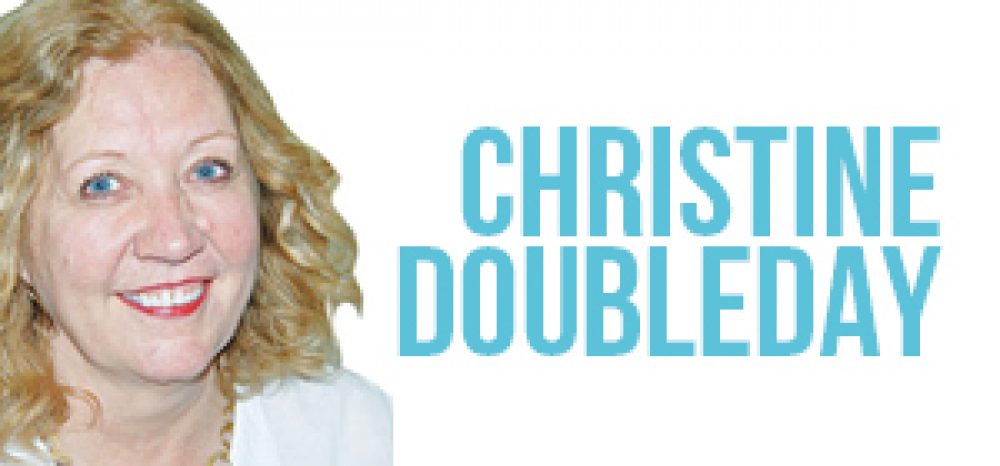The 157 Group will next week publish the results of a project in which aspiring FE leaders across the sector envisage what the sector might look like in 2020, as Christine Doubleday explains
It seems that everyone has something to say about further education. We must get unemployed people into work; we must repair the economy; we have to cost less and make more; we have to specialise and have a general offer for everyone and every need; we must focus on industry sectors and on geographic regions and on partnerships and on sharing and collaboration and on competition. We must adopt the newest sparkly business methodologies to achieve efficiencies while ensuring that those with the greatest needs are welcomed and supported. We are told often of our failings and shortcomings and given feverish instructions on how we can make ourselves better.
And so sure are those who judge that often they do not allow a mere lack of evidence to get in the way of a doggedly held belief on opinion. Nor do they hold their horses while they are fact-finding or listening, instead charging in with another helpful insight or policy.
So, we decided to seek out opinions and beliefs — and be honest that they are just that. But they are not ill-informed opinions, nor are they from those outside looking in. They are from those actively working in this sector of ours, those who spend their waking hours making sense of what the learner wants and needs and how best to do it. They could be the leaders of our sector in 2020 and beyond.
Our Delphi project is more structured than just asking a bunch of people what they think about the future. It gathers opinions from groups of people, synthesises those opinions, asks for votes on those opinions and comes up with most likely and least likely scenarios across a range of themes. From the beginning, we were clear that this project was led by 157 on behalf of the whole sector.
The work started with FE colleges but, very quickly, workshops for private, third sector and adult providers began. I was never sure if we would end up with four separate reports on how practitioners in a certain part of the sector viewed their future or if it would be possible to find sufficient commonality to put together an overarching report. By the sixth and final workshop, it was obvious that practitioners had distinctive features but that the heart of their work is common — we really do all care about the learner above and beyond everything else.
It was obvious that practitioners had distinctive features but that the heart of their work is common – we really do all care about the learner above and beyond everything else”
We lighted upon five main themes: the economy; supply and demand of learning; technology; social inequality and public service reform. We gathered the fears and hopes for those themes and present in the report the most and least positive potential outcome for each. We explored the purpose and mission of FE and offer a framework of business strategies and models that could be adopted, depending on the primary purpose. Finally, we offer an insight into the needs of those working within the sector to give us a fighting chance of steering the positive path. The report is there to be useful, to stimulate debate and to offer a framework to explore and determine our own business strategies. We know our sector, we are honest about what we can do better and eager to find practical ways of doing so.
It offers a collective view of the possible futures for FE in 2020 and beyond. It is not a representative view, it does not pretend to be an expert view (except that all those involved are steeped in practice), it does not pretend to cover every inch of the sector. But it is the synthesised view of a range of people from across the sector who came together to tell us and each other what the world in 2020 might look like.
Most importantly, it shows that those who could be leading the sector are thoughtful, insightful and care deeply about what learners will need and want in the future. We present their views for you to use as you wish. I suggest that the voices of our practitioners should be listened to, heard and acted upon.
Christine Doubleday, deputy executive director 157 Group









Your thoughts